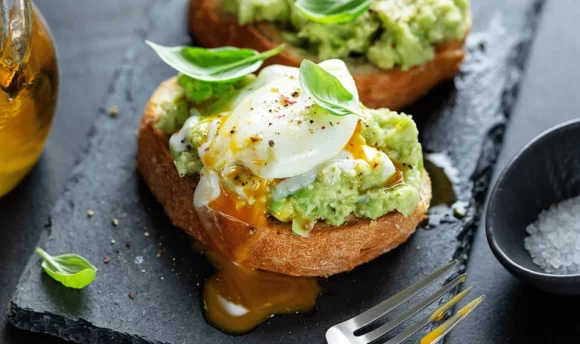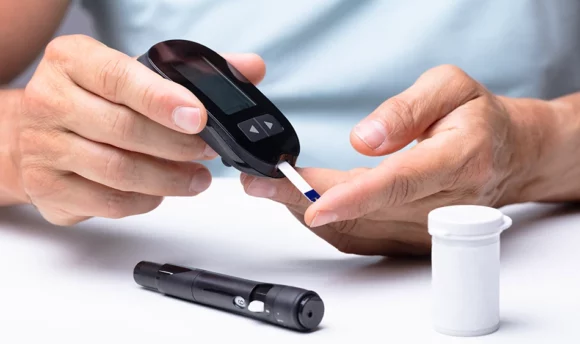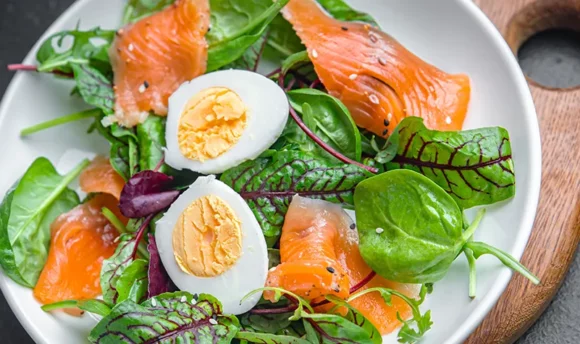What Happens if You Don’t Eat Enough Fat on Keto? Facts About Fat
Before starting your keto journey you have to know that the biggest part of your daily calories must come from fats. Why it is so important?
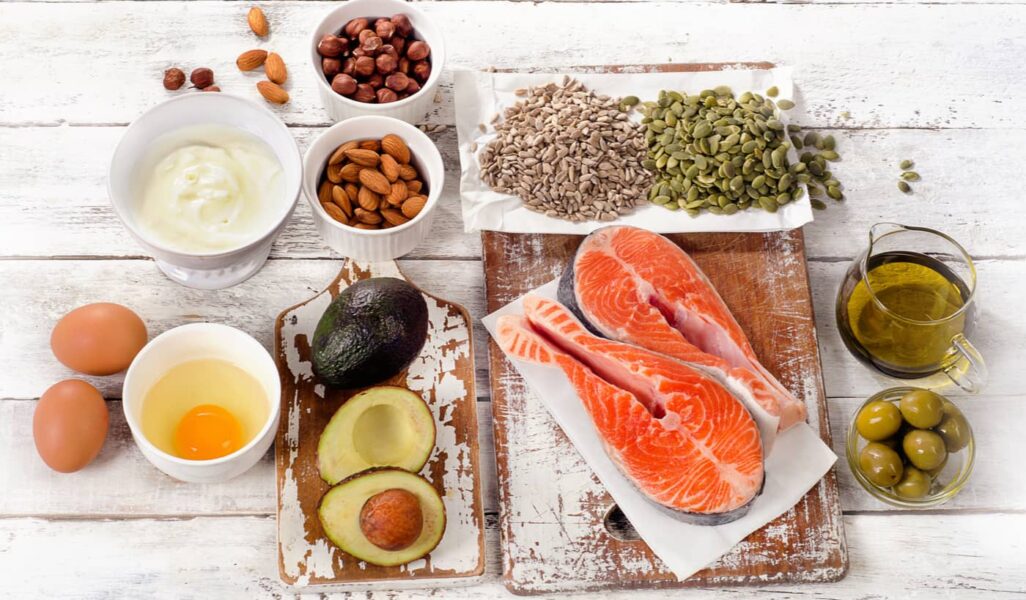
The keto diet is one of the most popular diets these days to deal with stubborn fat and to promote weight loss. But this diet can be very strict with what you are and are not allowed to eat. You need to be super aware of your protein, fat, and carb intake.
What happens if you don’t eat enough fat on keto? Our keto experts put together this guide on everything you need to know about keto and how to get the right fats.
What Happens if You Don’t Eat Enough Fat on Keto?
If you won’t consume enough fat daily you will be exhausted, tired, and hungry all the time.
On a keto diet, fat is a new way your body makes energy. When you deprive your body of carbohydrates, it starts looking for another energy source. This is where the ketosis process comes in. When you have enough fat in your diet, your body starts turning stored fat into ketones for energy.
But when you don’t have enough dietary fat, you don’t have enough energy. If you’re not eating healthy fats, then you’re definitely going to feel very tired. You’re also not going to see as much weight loss progress as you want since your body will most likely kick itself out of ketosis.
Can You Do Keto Without Eating All the Fat?
Yes, you can.
Although the best way to do keto is to have a high-fat, low-carb diet, for people who are looking to not eat as much fat, there is something called lazy keto. This is for people looking to lose weight without the restriction that comes with a traditional keto diet.
A lazy keto diet only requires people to reduce their carbohydrate intake to about 10% of their daily calories while having 50% to 60% of their calorie intake as healthy fats. Protein intake is upped as well to around 30%.
Principles of the Ketogenic Diet
A proper ketogenic diet is all about tracking your macronutrients. A traditional ketogenic diet suggests that someone gets 80% to 90% of their daily calories from fat, 5% to 15% from protein, and 5% to 10% from carbs. The point is to greatly reduce your carbs so that your body can burn fat instead.
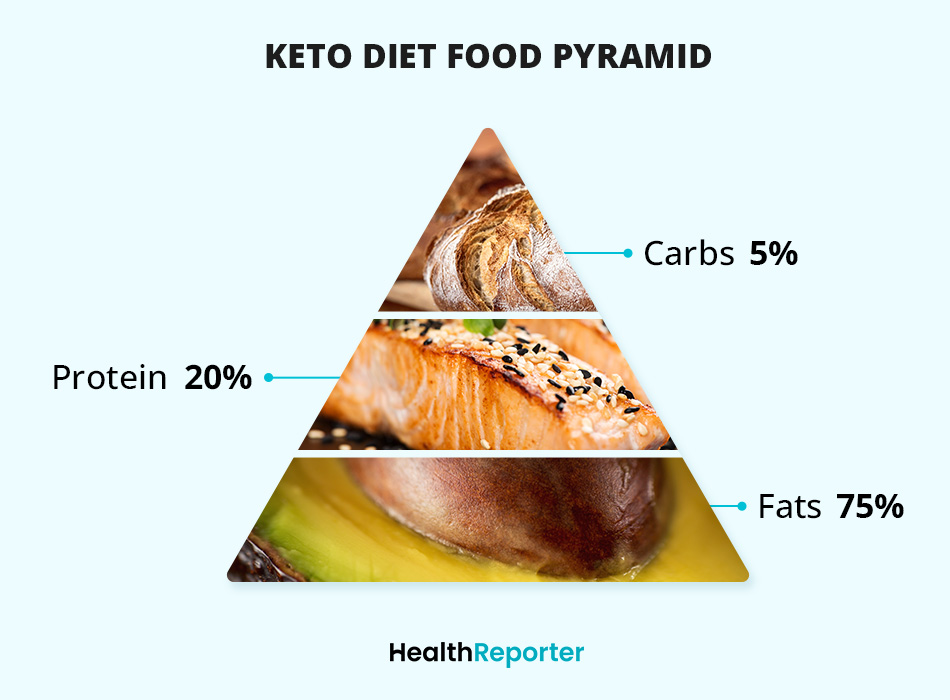
Why Eating Fats Is Important
Despite the trend of low-fat or no-fat foods, eating fat is actually very important for our bodies. Fats are one of the three macronutrients our bodies need to keep functioning at their best. Monounsaturated fats are known to reduce inflammation, lower bad cholesterol levels, and provide health benefits to our hearts.
Polyunsaturated fats are well known for helping reduce blood cholesterol levels, as well as providing our body with a good source of omega-3 fatty acids that help benefit our heart health. Fish is a well-known source of polyunsaturated fats.
4 Sources of Fats to Eat on a Keto Diet
Here is a list of healthy fats you should be aiming to consume on a keto diet. These include polyunsaturated fat and monounsaturated fat.
#1 Fish
Sardines, tuna, anchovy, and salmon are all great fatty fish to have on a keto diet. They’re rich in both fat and protein, as well as omega-3 fatty acids.
#2 Nuts and seeds
High-fat nuts, seeds, and butter made out of the two are great, healthy sources of fat to add to your keto diet. It’s versatile, and you can have plenty with meals and snacks.
#3 Avocado
Avocado and avocado oil is a delicious, healthy fat that most people heavily rely on when it comes to keto. Avocado is also a great source of fiber and essential minerals and vitamins.
#4 Greek yogurt
Full-fat Greek yogurt can be a wonderful addition to a keto diet, even if it does contain some carbs. It’s also a great source of protein, as well as healthy bacteria called probiotics.
3 Sources of Fats to Avoid on Keto
Not all fats are created equal. Here’s a list of fats you want to avoid on a keto diet.
#1 Cheese
As delicious as cheese is, it’s not a great source of fat. It’s packed full of more calories than it has fat, which means that you’ll be working off the cheese longer than it’ll provide you with energy.
#2 Butter
Butter is another delicious, fatty food that sadly doesn’t make the cut for keto. Butter is a saturated fat that is often linked to clogged arteries. It’s okay in moderation, but it shouldn’t be your main source of fat.
#3 Cream
Another saturated fat, cream is okay to add to your coffee in the morning in moderation, but it’s not the healthiest fat. It should be avoided in large doses.
Tips on How to Get Enough Fats on Keto
Here are some ways to get enough fat on keto, especially if you’re struggling with staying energized and keeping up with your fat intake. First: track your macros. This can be done easily on a keto-based app. We suggest something like the Keto Cycle app.
Keto Cycle helps users track their fat intake, keep up with their macros, and even provides thousands of keto-friendly recipes. You can also use the app to help you lose weight with exercise routines and weight tracking.
Secondly, eat more eggs. Eggs are a great source of fat, which is why so many keto recipes include eggs. When you’re cooking meat, favor those delicious, thick, fatty cuts. You can also try cooking low-carb veggies in fatty oils to help your fat consumption.
A Word From Nutritionist
Following a keto diet properly means that you’re probably going to be paying way more attention to how much fat, carbs, and protein you eat than you ever have before. Too many carbs can kick you straight out of ketosis, while not enough fat can make you feel exhausted.
A great rule of thumb when it comes to eating fat on keto is to avoid trans fats and keep your saturated fats to a minimum. Animal fats are usually a good source of fat, especially grass-fed beef and fish. “Bad” fats can cause coronary artery disease, so it’s important to know which is which.
Eating fat can seem counterintuitive, especially if you’re losing weight. Dietary fat is incredibly good for our bodies. It helps us stay energized and focused. It’s important that you get your daily dose of healthy, good fat even if you’re not actually a keto dieter.
Conclusion
Fat is good for our bodies and good for keto. If you’re new to keto, knowing where to start can seem intimidating, but these tips and tricks to getting more fat can help you in the long run. It’s important to eat enough fat while you’re on the keto diet.
If you don’t, you might feel more tired than usual as your body searches for energy. You might even kick yourself out of ketosis, which means you won’t be losing weight. Keep up your fat intake when you’re on keto, and make sure you’re tracking your macros.

















































 Select your language:
Select your language: 





